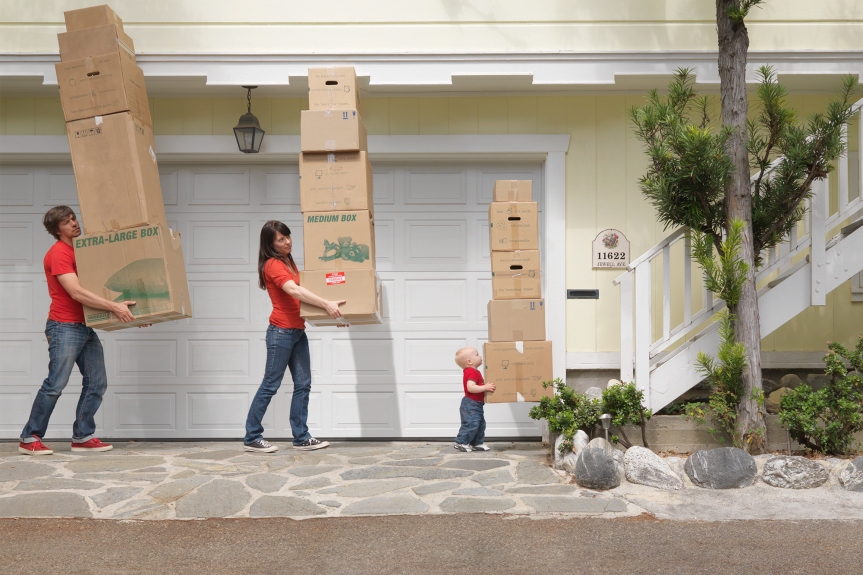The idea behind life insurance is simple. You pay small amounts at monthly intervals, and should you die, a beneficiary of your choice gets a sum of money.
The idea is that, should your family suffer a crisis that transcends finances, at least their finances won’t be impacted too negatively. If you die, your beneficiaries won’t be broke.
It’s important to remember that life insurance isn’t really “insurance” in the dictionary sense. When you buy life insurance, you’re not “insuring” anything. No matter how much money you give them, an insurance company can’t keep you from dying.
They call it life insurance, but it’s really death insurance. After all, you’ll never live to collect. Life insurance is more about hedging your bets than anything else. You spend money now to help your family avoid multiple catastrophes later through the loss of your income.
But as a result of it being called insurance, there are people who believe that if “coverage” is good, then more coverage must be better. Buying life insurance thus becomes a test of one’s capacity as a responsible adult and breadwinner. What kind of person doesn’t want to protect their loved ones?
To that end, some people will insure anything that moves even their children and older relatives. One could argue the wisdom of insuring children since they are most often not earning income and insuring the elderly is very costly relative to the return.
Insurers often persuade parents to take out whole-life insurance on their children, selling the policies as savings vehicles to help pay for college or get them launched into adulthood. But setting up a tax-deferred savings account or an investment fund will probably yield a better return as a savings vehicle for the child.
Insurance should not be considered an investment in any sense of the word. Term life insurance is strictly a time-limited policy designed to pay out a face value if something should happen to the policy holder during the term of the policy.
There is no return on the money spent. Throughout the policy’s term you’re getting whatever peace of mind comes with knowing that, should you die, your family will continue to enjoy some semblance of the lifestyle they are accustomed to.
To satisfy those who want some sort of return, the industry devised whole life insurance and universal life insurance. They differ from term insurance in that each offers a cash value beyond the standard life insurance death benefit.
You pay more each month than you would with a term policy. The difference builds and can be redeemed at any time. However, the rate of return on this investment is most often much lower than you could earn through other investments.
Remember that investing is spending in hopes of a financial gain. Insuring is spending in hopes of avoiding financial loss. In that respect, the two activities are almost opposites.
An insurance policy that masquerades as an investment (and insurance salesmen will try to convince you that it is) is rarely going to be your best option for accomplishing the conflicting goals of maximizing return while minimizing risk.
But, if you do want life insurance, what’s the right amount of insurance to have? There’s no simple answer to that question. Financial advisers say it’s generally a good idea for family breadwinners to at least have a policy big enough to pay off their mortgage.






